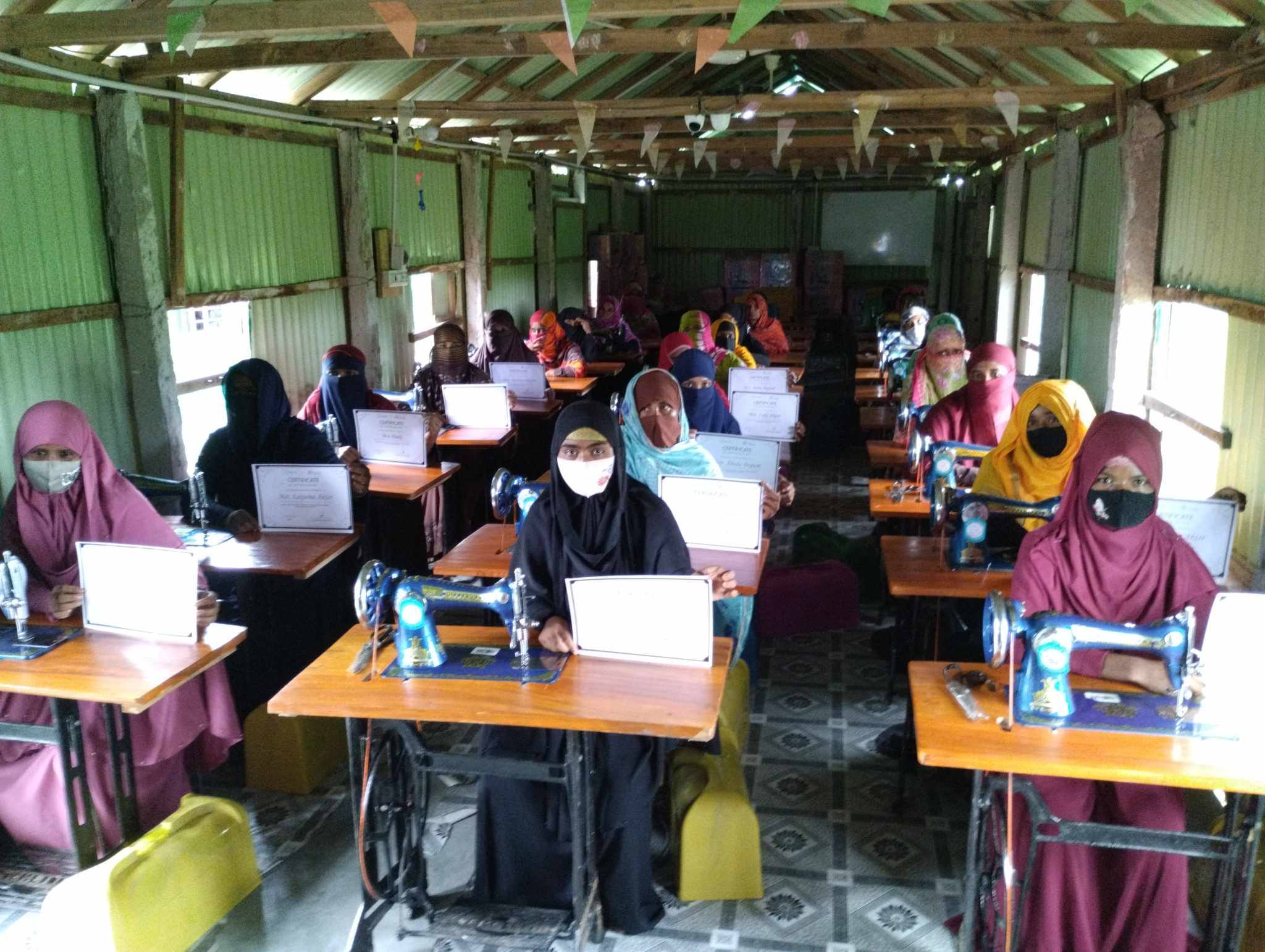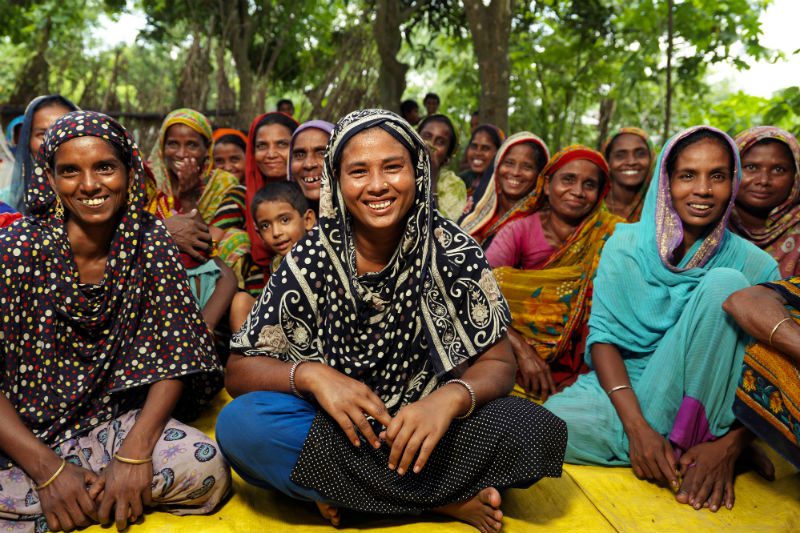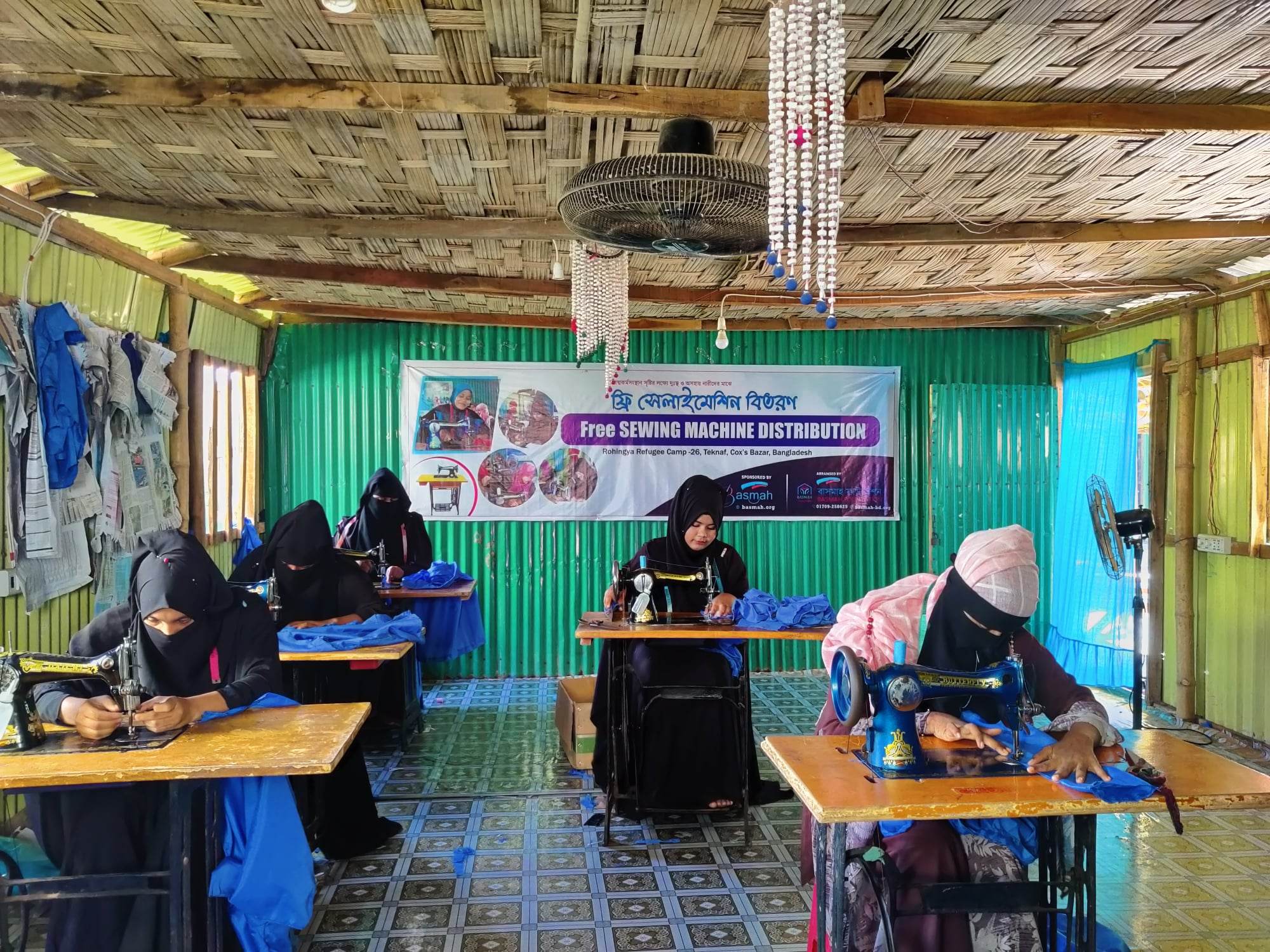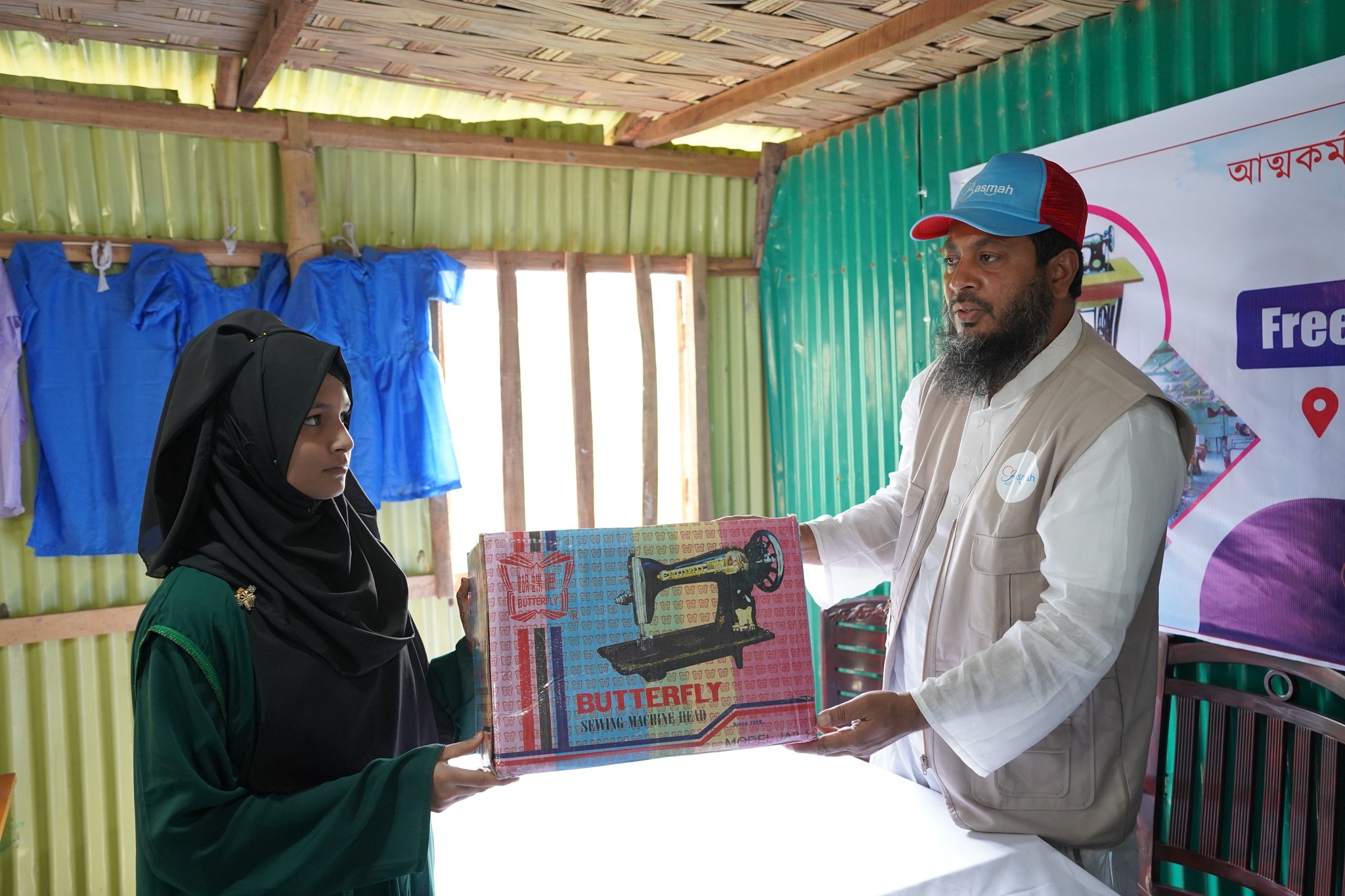Gender Discrimination Challenges at the Grassroots
By Tahia Asad of Purple Sheek Media
The ongoing pandemic has incurred devastating effects leading to poverty and unemployment in Bangladesh. Women in Bangladesh remain particularly vulnerable to living in poverty. Socially prescribed roles have limited women’s access to economic resources such as capital, skills, and marketing know-how. Many other challenges to improving gender equality remain.
- According to the Asian Development Bank, despite the increase in the number of women in the paid workforce, gender discrimination is still marked in many aspects of the labor market.
- The gap in wage rates between men and women is still significant.
- Women’s employment is also concentrated in sectors with low returns on their labor and is often temporary.
- Key social development indicators also demonstrate gaps between male and female members of the same household.
- Gender-based violence is also frequent both within the home and in public. Men throwing acid on women from other families as an act of vengeance is a particularly pernicious form of gender-based violence that is on the rise in Bangladesh.
- Evidence of human trafficking, particularly of women and children, is symptomatic of this violence and the low status accorded them.
- The lack of security in public for women and incidents or threats of violence also serves to further curb their mobility and to reinforce traditional attitudes.
By facing unjustified discrimination and little to no opportunity for progression in careers, women are challenged in the workplace to earn enough for their families.
We believe if provided a small amount of money and equipment these women can take the initiative to run small businesses and eventually have an easier time taking care of their families. Bangladesh has a large textile industry which is why stitching garments is a very valued and needed job. By training the women in need and providing them with sewing machines we can empower them to support themselves.
In collaboration with Basmah Foundation, we have set up a sewing machine distribution program for women in need in Bangladesh. Basmah Foundation provides them with sewing machines and assists them with obtaining the skills needed to get a small business started in their household. We believe this dual-pronged approach, providing free sewing machines as well as three months of training will help them create a stable income for their families.
This sewing machine center serves as a double blessing. It creates an employment opportunity for women in Bangladesh and we can use the garments manufactured for free distribution in the Rohingya refugee camps and tackle the Rohingya refugee crisis.
Help us empower women in Bangladesh.




